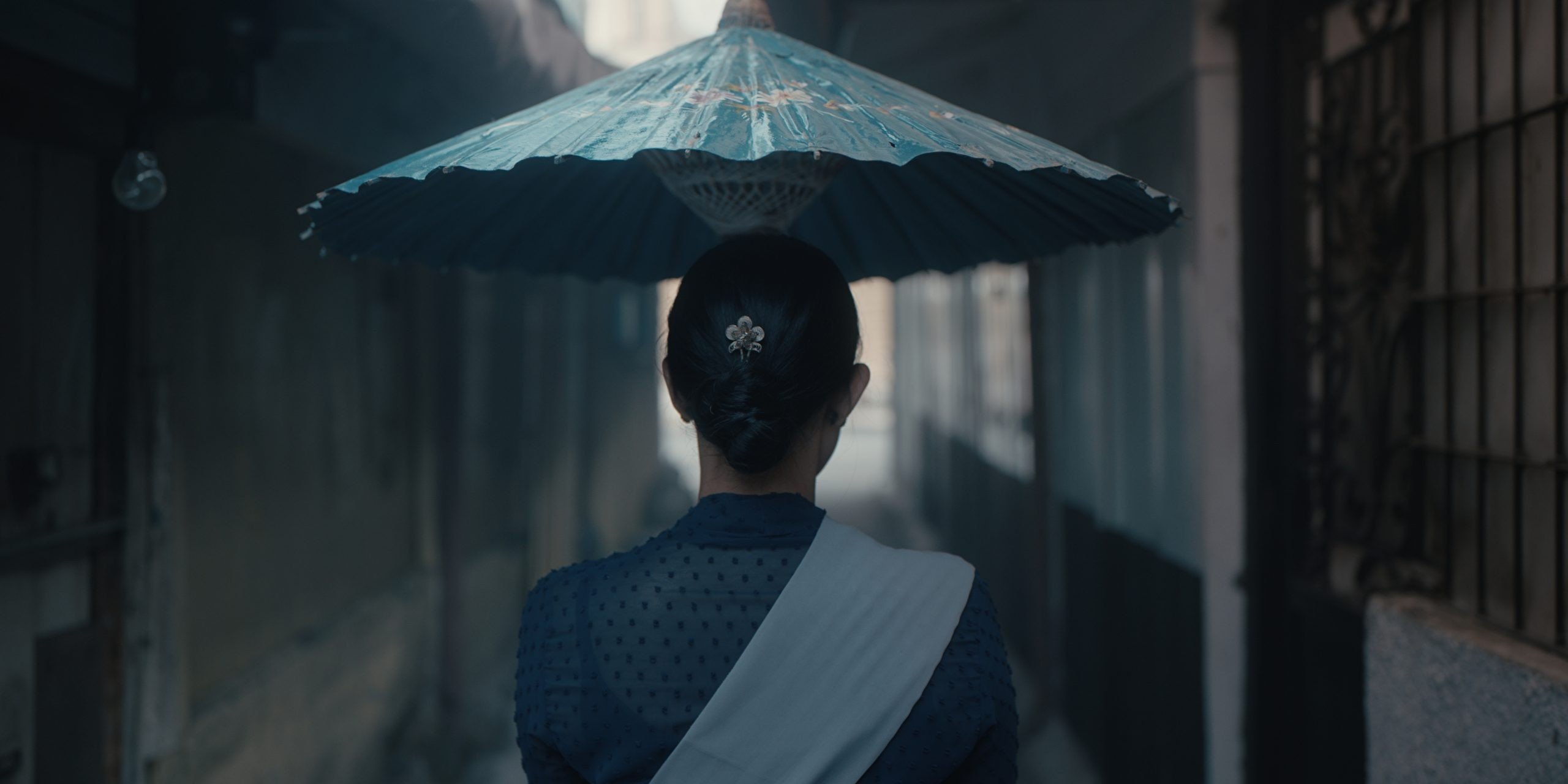There’s always something eerie and haunting in Kamila Andini’s films — so much so that they feel like ghost stories. Granted, Andini mainly focuses on dramas that are deeply Indonesian, but all of her characters grapple with the ghosts of their pasts, which are not only personal but laden with political undertones as well.
In her fourth and latest feature, the award-winning Before, Now & Then, the 37-year-old director places her characters in 1960s Indonesia, a period of time when the transition of leadership from Soekarno to Suharto created scary political upheaval and major ideological conflict. Sympathizers of Soekarno risked death, and suspicion of communism led to the same fate. But in Before, Now & Then, Andini doesn’t just paint a picture of an era that traumatized so many Indonesians; she also highlights how so little has changed today, especially for Indonesian women.

Derived from a chapter in Ahda Imran’s biography titled Jais Dirga Namaku (Jais Darga Is My Name), the film tells the tale of Nana, portrayed by Happy Salma, a woman residing in West Java during this transitional era in Indonesia. The turbulent state of the country forms the backdrop of Nana’s life, and it inflicts emotional scars upon her as a woman. In the opening scene, Nana and her sister Ningsih (Rieke Diah Pitaloka) flee through the forest when their father forbids them to marry men from a political gang. The atmosphere is charged with tension, with Ningsih appearing anxious and Nana seemingly lost in contemplation as she carries her firstborn son. Amidst their escape, Nana catches a fleeting glimpse of her husband standing in the distance, then not long after, an image of her father being taken by the rebels to have his head chopped off with a machete.
Jumping ahead 15 years, Nana seems like a changed woman. Once curious and full of wonder, she’s now resigned and conceals her pain with a serene smile. At first glance, her life looks much better. She’s married to a wealthy, respected village leader in Bandung named Mr. Darga (Arswendi Nasution) and has four children with him. She’s trusted by her husband to run his plantation. She has maids and house staff who obey her every word. Her husband speaks highly of her and treats her very well.
However, beneath this seemingly perfect life, Nana still bears the weight of profound trauma. Her departure from home and the heartbreaking loss of her first child haunt her with frequent nightmares. The specter of her ex-husband lingers, despite her inability to recall his smell and touch.
Upon discovering her current husband’s not-so-discreet affair with another woman in the village, Nana conceals her anguish with a forced smile. This isn’t because she accepts the situation, but rather because she believes she should be thankful for the life that she has. She tells herself, “I must be like water,” convinced that as a woman, she must conform to her surroundings and accept the challenges thrown her way, even if it entails tolerating something as painful as her husband’s infidelity.
Still, Nana can’t help herself. She secretly investigates the woman whom Mr. Darga is having an affair with and finds out that she’s a meat butcher named Mak Ino (Silver Bear winner Laura Basuki). But when Nana goes to the local market to see what she looks like, people assume that it’s because, like them, Nana suspects Mak Ino is a communist.

Mak Ino has Indonesian-Chinese features, and at that time, that sort of physical appearance was associated with the communist movement led by Soekarno. Later on, Mr. Darga’s housemaids discuss the disappearance of a friend also suspected to be a communist, this time, because she’s not well-liked in her community. It was a common tactic back then: in order to entirely eliminate Soekarno’s influence, the shallowest reasons were used to arrest people. After being accused, they were then executed without trial. Political subtexts like these initially seem like trivial details in Before, Now & Then, but Andini makes sure to pepper them throughout the film.
The director never clarifies whether Mak Ino is a Soekarno sympathizer or not, but compared to Nana and the other woman in her orbit, she seems to be more independent and resourceful. Seeing all these differences draws Nana to Mak Ino. The more time Nana with her, the more liberated she feels. She even wears her hair down instead of styling it into a tight Sundanese bun, as if to free herself from the pain and guilt caused by her past. In Mak Ino, Nana has found herself a safe space and a fellow woman she can look up to. “Why do women always lose and then feel guilty?” Nana asks Mak Ino while leaning on her shoulder. After years of holding secrets and trauma inside, Nana finally lets her true feelings out.
Although Nana in the end finds enough courage to choose her freedom by leaving her husband, her decision comes with new wounds. All her children, except her infant, refuse to go with her. Once again, we are shown how every decision a woman makes comes with consequences that can’t make her completely free and happy. Andini’s narrative paints a poignant tableau, connecting the ghosts of the past that her heroine is facing in the form of guilt and trauma, to the ongoing struggles faced by women today. The film transcends the boundaries of time, illustrating that, whatever the era, women still face the consequences not just for the choices they make, but also for the choices men make.

